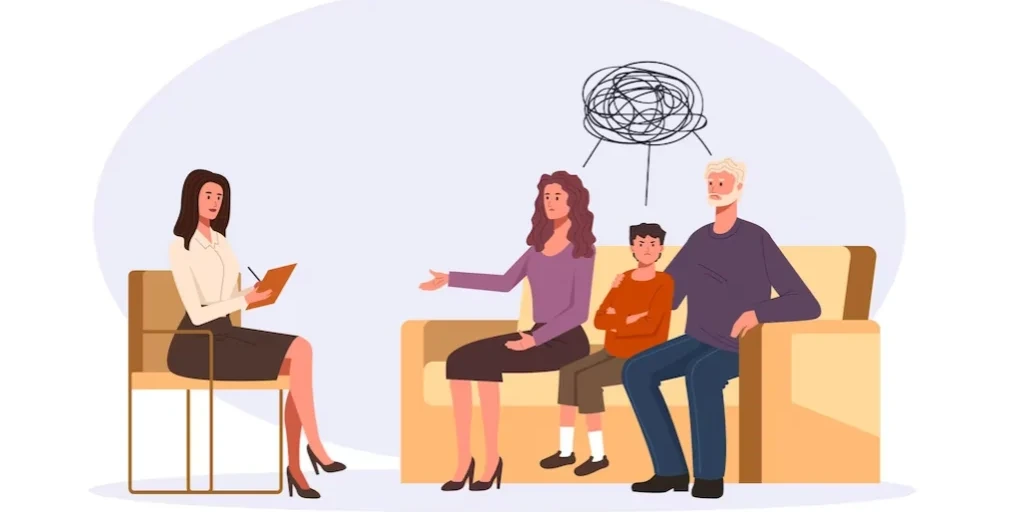24/7 Helpline:
(866) 899-221924/7 Helpline:
(866) 899-2219
Learn more about Anxiety Treatment centers in Novinger
Anxiety Treatment in Other Cities

Other Insurance Options

MHNNet Behavioral Health

Ceridian

Amerigroup

Absolute Total Care

Multiplan

PHCS Network

Carleon

Meritain

Regence

Health Choice

American Behavioral

CareFirst

Kaiser Permanente

Optima

Lucent

Medical Mutual of Ohio

Molina Healthcare

Premera

Horizon Healthcare Service

AllWell










Preferred Family Healthcare – Jamison Street
Preferred Family Healthcare is a mental health, behavioral health, and dual diagnosis treatment cent...

Mark Twain Behavioral Health
Mark Twain Behavioral Health is a private rehab located in Kirksville, Missouri. Mark Twain Behavior...

Preferred Family Healthcare
Preferred Family Healthcare offers a residential and outpatient program, CPRC, RCF, Prevention, Heal...




























Integrative Wellness Institute
Integrative Wellness Institute is a private rehab located in Kirksville, Missouri. Integrative Welln...

AA – Alcoholics Anonymous
AA – Alcoholics Anonymous is a non-profit rehab located in Kirksville, Missouri. AA – Alcoholics Ano...














